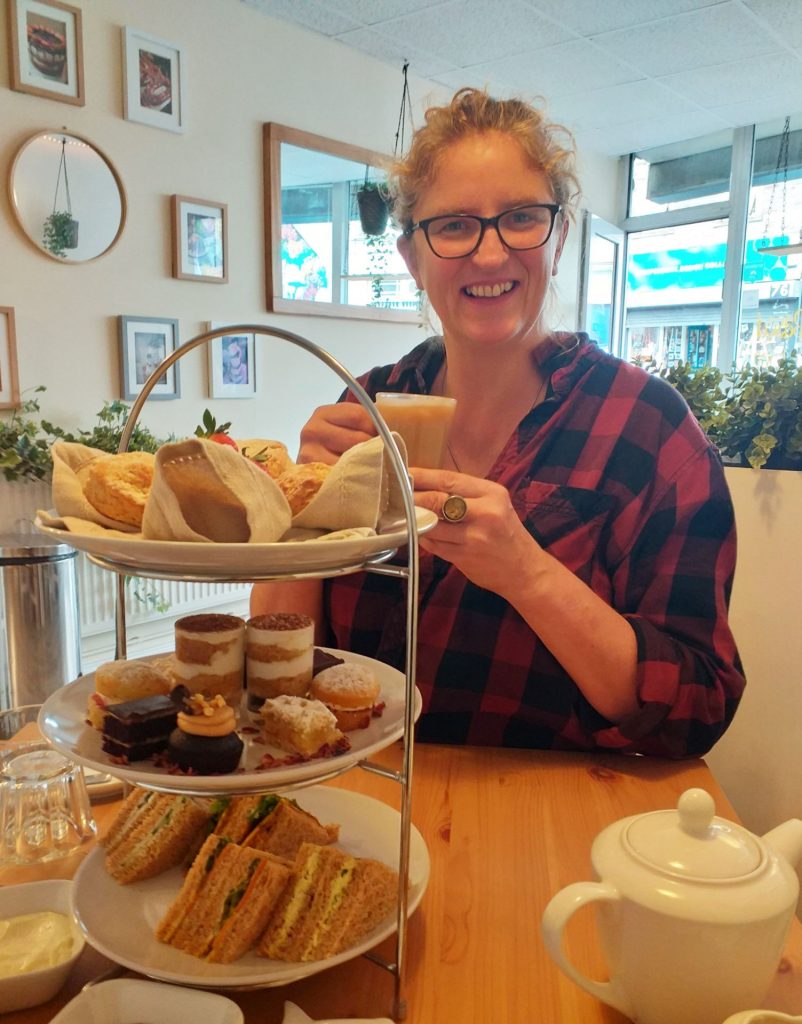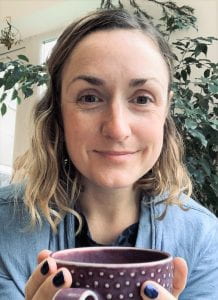Inspired by the Big Issue’s regular feature Letter to My Younger Self, we’re asking staff to think back to their own experiences as a student and tell us what advice they would give to their undergraduate selves.
This month we’re introducing our newest Study Skills Tutor, Therese Kelly, who will be working with students in the Faculty of Social sciences.

What and where did you study?
I studied for a BA in the Anthropology of Religion at the University of Wales, Lampeter. Then 15 years later I went back to uni and did an MA in Social Anthropology, here at Bristol. I am now finishing a PhD in Social Anthropology through Manchester University.
Did you experience culture shock when you started university?
That’s an interesting question. It was more the location that was a shock rather than the university itself. I grew up in London and then opted for a university deep in the Welsh countryside, in a very small farming community. This was partly because I was a young mother with a child, and I wanted to be somewhere less hectic. I was a mature student of 24 when I started my degree; I became a mother when I was 20 so waited until my son was old enough to go to school before going to university, and Lampeter seemed lovely. It was a wonderful place to study! It is a very small university, and it didn’t take long to become part of the student community.
What was your biggest failure and what did you learn from it?
My time management was awful when I was an undergraduate, especially during my first year. I always left it to the last minute to write an essay. One essay I handed in two weeks late and so it was marked down 20%. If I had submitted it in time, it would have got 70%, a first, so I was gutted! I learned pretty quickly after that to plan my writing time better.
What are you most proud of about your time at university?
I was, and still am, a shy person, the difference is I have learned to manage it. When I was in the first year, I was part of a group giving a presentation about a Hindu temple we visited for one of our modules. I can still remember how I felt when it was my turn to speak. The blood rushed to my face, my heart was beating in my mouth, and I was so nervous I struggled to focus on the people in the room, I was terrified! I managed to get through it but thought, I must get over this fear. So, I signed myself up for presenting at as many seminars as possible and each time I did it, my ability to talk and present improved. I believe it was one of the bravest things I have done for myself.
What was the best bit of feedback you received?
I didn’t think my work was any good most of the time as I had very low self-confidence. But after having completed an essay that I actually enjoyed writing, the lecturer said in the feedback that I had ‘clarity of expression’ and that the essay was ‘a joy to read’. I was so happy that my essay was not only readable but that someone got joy from it too!
What advice would you give to your undergraduate self?
I could say, PLAN YOUR WORK! I could have reduced so much stress and got a better mark if I had organised my writing better. Saying that, getting a 2:1 rather than a first is still a great achievement and I did really enjoy being an undergraduate. So, what I would say to my undergraduate self is that it is okay to ask for help and to say you don’t understand something, and enjoy the fresh air and the wonderful countryside!

